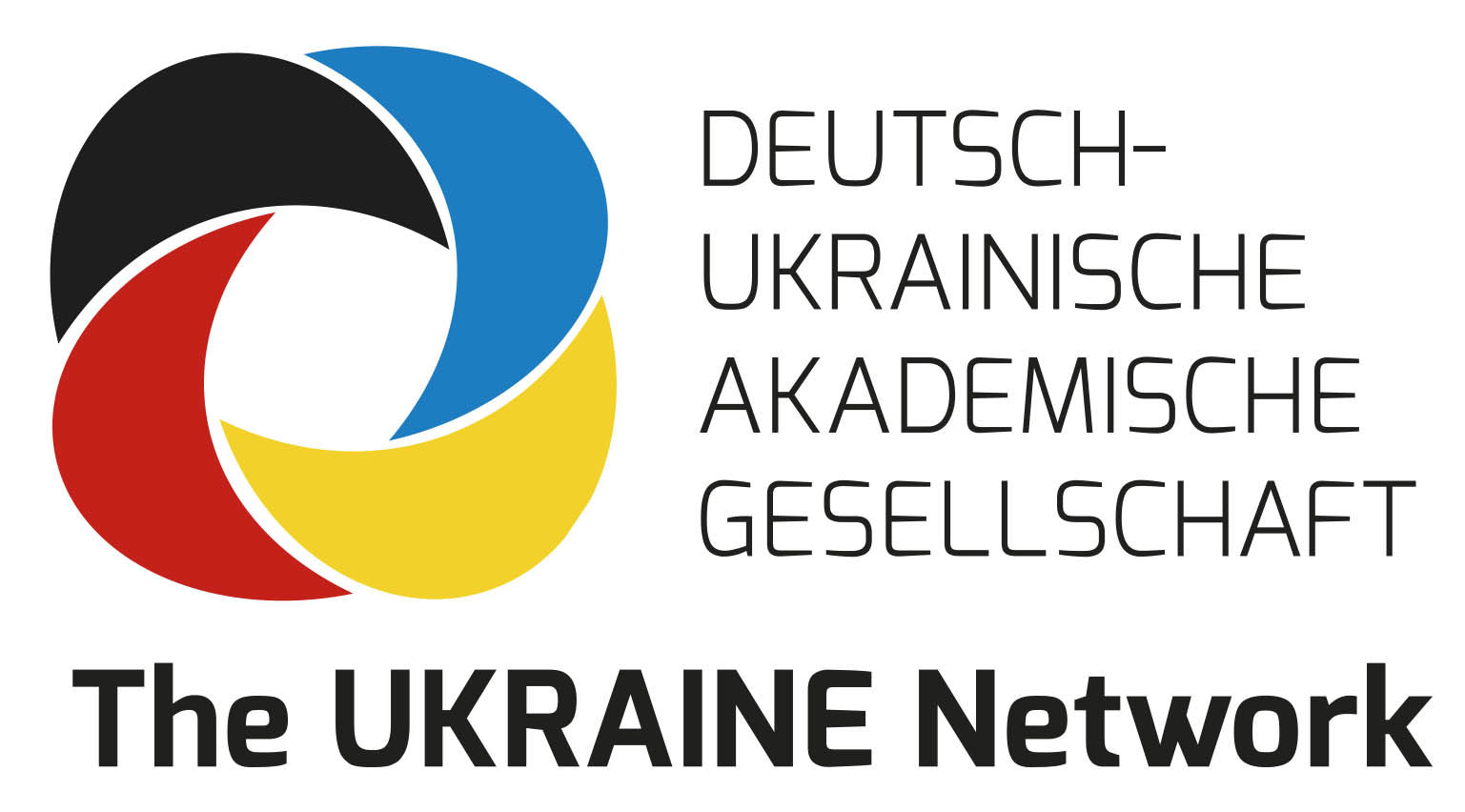Project Title: Re-thinking of higher education internationalization at CPNU: integrated approach
Submitted by: Anna Verbytska, Head of the Department of Marketing, PR-technologies and Logistics, coordinator of University`s internationalization, Chernihiv Polytechnic National University (CPNU), previously – Chernihiv National University of Technology (CNUT)
City: Chernihiv
This project was implemented within the Training Course “Management of Internationalisation and German-Ukrainian Academic Cooperation 2020-2021”, led by the Leibniz University Hannover (LUH), funded by the DAAD (Germany), 2020-2021
Project Goal(s) and SMART Objective(s):
- To define the tools for the development of intercultural competences of teachers and students:
- To define the level of the formation of intercultural competencies of higher education students and teachers
- To develop the Learning guide “Formation of intercultural competences of teachers and students
- To approbate the proposed exercises the formation of intercultural competencies of higher education students and teachers
- To develop the Plan for CPNU international promotion increasing:
- To define of the prior directions for CPNU international promotion due to the survey
- To define departments` task towards CPNU international promotion increasing
- To organize training sessions for the staff responsible for the development of the educational programmes and higher educational quality assurance:
- To enhance the virtual mobility cooperation
- To develop the recommendations on the internationalization of academic programmes
Challenges and Support
What were the main challenges of your project and how did you manage to overcome them?
- Ambitious project goals at the beginning that were not correlated with the defined timeline and resources. The challenge was overcame after the firs workshop thankful to the experts` comments and advice. The goals were redefined and narrowed.
- Focus on the spheres where the project leader could not make an impact. This challenge occurred after the change in my working position, but it was successfully overcame due to the developed communication process with the IRO and other stakeholders.
- Project activities without focus on sustainability. In order to predict this challenge the application for the international Teaching Excellence Programme was prepared aimed to continue the project idea. The application is supported for the implementation.
What resources helped you?
Personal skills (communication, leadership and teambuilding), partnership relation with University`s units (research office, international relations office, quality assurance office) and administrative support.
Lessons Learnt:
What are your lessons learnt and recommendations you would like to share?
- Internationalization is a tool of enhancing the quality of university`s academic programmes, it is not the final goal.
- Competitiveness on the market of educational services depends on the joint efforts of involved stakeholders (not only department responsible for international cooperation should care of international promotion).
- It is necessary to link teaching, learning and research with the institutional internationalization strategy (comprehensive approach).
- It is important to work on the enhancement of the ability of university`s community to establish and manage the international partnerships, consortiums and networks.
Recommendations:
- To set realistic project goals correlated with the defined timeline and resources.
- To focus on one sphere where you as a project leader can make an impact
- To develop measurable indicators and instruments for evaluation of projects results (self-evaluation methods, questionnaires to analyse structural changes etc.)
- Planning changes in the structure of IRO, it is important to organize onboarding sessions for new staff.
- Making plans for the international promotion, it is important to develop the instruments to support academic staff in its implementation (training sessions, consultations, guides etc.)
Impact:
The intended project helped to re-think the approach to the internationalization as a tool to strength the quality of university`s academic programmes (previously internationalization considered as one of the final objectives within the general strategy). The project helped to empower teaching staff to train their own and students` intercultural competencies. The tools for the development of intercultural competences were defined due to the project. The project activities helped to link teaching, learning and research with the institutional internationalization strategy. The project helped to enhance the ability of university`s community to establish and manage the international partnerships, consortiums and networks.
Outlook and Sustainability:
What happens to the project after the end of the course (are there any follow-up projects? What are you going to do to ensure the sustainability of the project results?)
The experience I obtained from the participation in the course I used during the participation in the Working group for the development of marketing strategy for the promotion of Ukrainian higher education abroad.
As a follow-up project the together with University`s team we were selected to the participation in the Teaching Excellence Programme, the Centres of Excellence component.
The following directions of activities will be implemented in the next academic year:
- Further improvement of the virtual academic mobility model
- Introduction of the informational content of CPNU international component
